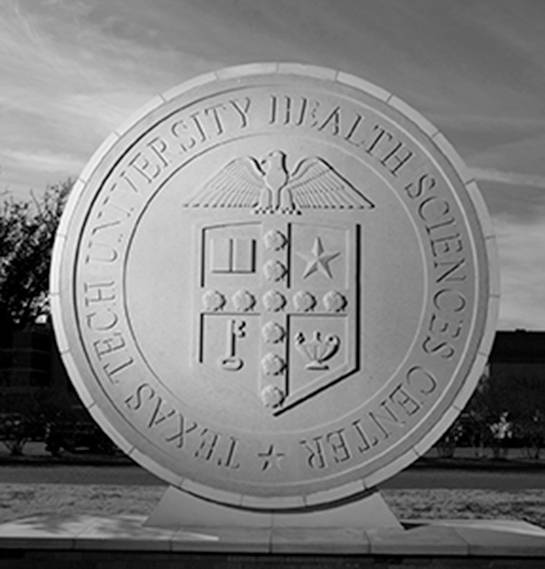Giving to Make an Impact

We are both products of public education, and TTUHSC has been good to us. We wanted
to pay that forward, giving future students the tools to be successful.
Cynthia Jumper, M.D., MPH
TTUHSC Vice President of Governmental Relations and Managed Care School of Medicine alumni '88
We get by with a little
help from our friends
For Cynthia Jumper, MD, MPH, (Medicine '88) and Reid Norman, Ph.D., Texas Tech University Health Sciences Center is home. It's where they met, where she earned her medical degree, and where they each built successful careers advancing health care through academics, research and patient care. That's why the couple chose to make a Gift of Impact to establish endowed scholarships at TTUHSC.
"We are both products of public education, and TTUHSC has been good to us," Jumper said. "We wanted to pay that forward, giving future students the tools to be successful."
Neither Jumper nor Reid received scholarship support as they pursued their doctoral degrees — and they both graduated debt-free. Jumper, who began her medical career as a registered nurse, worked nights and weekends to pay for medical school, receiving only minimal support from her parents.
A lot has changed, however — namely, the cost of an education. According to the Association of American Medical Colleges, 73% of medical students graduate with an average debt of $200,000.
Closely associated are those pursuing doctoral degrees in research. Often, grant awards for research generally provides stipends to support work by doctoral students. However, researchers rarely have time to work outside of their academic responsibilities because of the time required in the laboratory conducting experiments and gathering data. Yet, according to the National Center for Education Statistics, debt for a Ph.D. student ranges from $48,00 to almost $100,000.
That’s why Jumper and Norman named Texas Tech University Health Sciences Center as a beneficiary in their will to fund endowed scholarships.
Scholarships have a two-fold purpose: to recognize student accomplishments and provide financial support. In competitive degree programs such as medicine and biomedical sciences, schools can use scholarships as leverage to attract and retain top-quality students. For scholarship recipients, financial support is key in completing professional degrees. Often, students have exhausted all financial aid as they've earned bachelor's and master's degrees prior to seeking a professional degree.
The financial assistance provided by scholarships also help meet academic needs, as well as support extracurricular activities such as attending conferences and conducting research. But for many students, the assistance is how they pay rent and buy groceries.
Receiving financial aid that requires no repayment can significantly impact a student's career choice. With less debt to repay, a student's employment options broaden, Jumper said, allowing them to consider impact areas to which they feel called rather than consider a position that allows them to repay debt.
In a nutshell, she said, scholarships provide opportunities to realize dreams.
Jumper now serves as TTUHSC's vice president of Governmental Relations and Managed Care. She leads the university's efforts in state-related health care policies and oversees the comprehensive health care services for more than 30,000 offenders. Norman is professor emeritus in the School of Medicine. He retired in 2014, serving TTUHSC for 30-years. His career culminated with his position as professor and chair of the school's Department of Pharmacology and Neuroscience. Norman made numerous contributions to the as an administrator, teacher and researcher. His research focus has been on reproductive endocrinology and biology, neuroendocrine mechanisms and fertility.
And while proud of such accomplishments, the couple said their Gift of Impact is their legacy.


